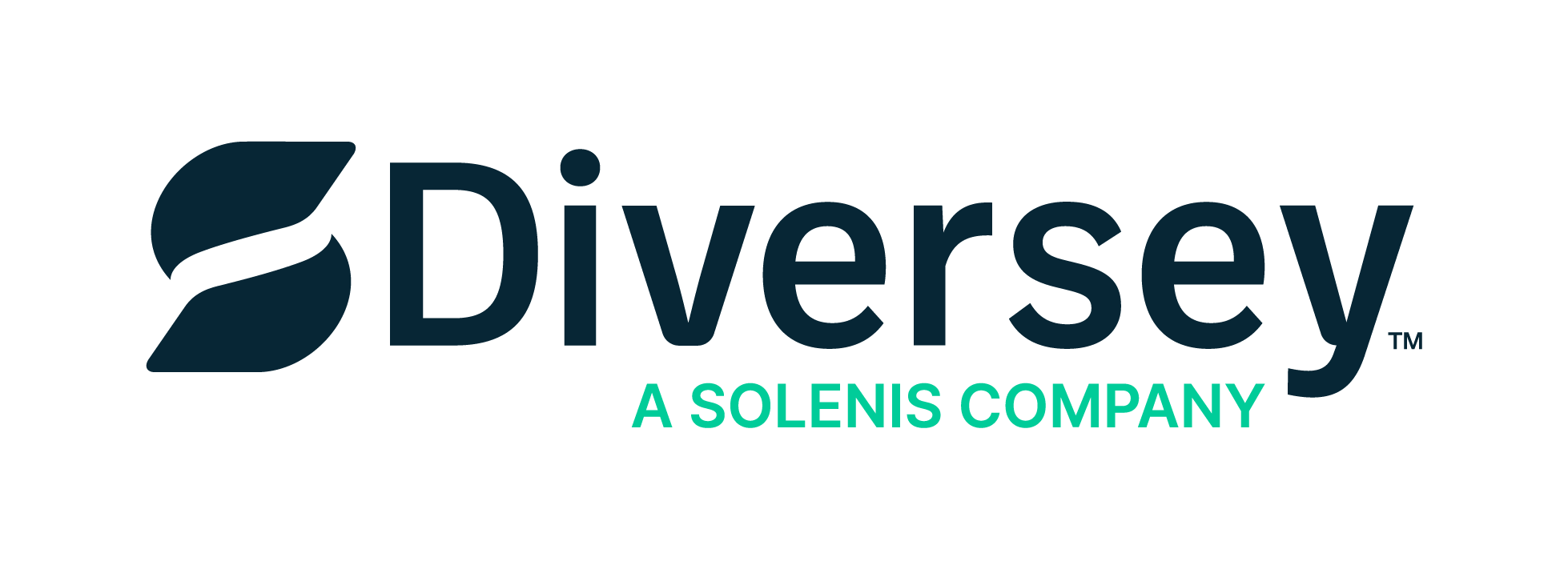The Effect of Dry Hydrogen Peroxide on Environmental Contamination with Candida auris in an Adult Burn Unit
Published November 2023 in Open Forum Infectious Diseases.
Candida auris (C. auris) is an emerging multi-drug resistant pathogen that is a health threat for hospitalized patients. C. auris may survive on surfaces where standard disinfectants may not achieve adequate disinfection. Continuous dry hydrogen peroxide (DHP) reduces microbial bioburden on surfaces and may reduce the risk of C. auris transmission in the clinical care setting.
Effectiveness of Dry Hydrogen Peroxide in Reducing Air and Surface Bioburden in a Multicenter Clinical Setting
Published November 2023 in Infection Control & Hospital Epidemiology.
DHP has the potential to reduce microbial air and surface bioburden in occupied patient rooms with standard ventilation parameters.
Effect of Dry Hydrogen Peroxide on Candida Auris Environmental Contamination
Published September 2023 in Antimicrobial Stewardship & Healthcare Epidemiology.
Candida auris is an emerging pathogen that exhibits broad antimicrobial resistance and causes highly morbid infections. Prolonged survival on surfaces has been demonstrated, and standard disinfectants may not achieve adequate disinfection. Persistent patient colonization and constant environmental recontamination poses an infection risk that may be mitigated by no touch disinfection systems. We evaluated the efficacy of continuous dry hydrogen peroxide (DHP) exposure on C. auris environmental contamination.
Impact of Dry Hydrogen Peroxide on Environmental Bioburden Reduction in a Long-Term Care Facility
Published June 2023 in American Journal of Infection Control.
Environmental infection transmission is a perennial problem in long-term care facilities (LTCFs), exacerbated by shared living arrangements, residents with cognitive deficits, staffing shortages, and suboptimal cleaning and disinfection. This study evaluates the impact of dry hydrogen peroxide (DHP), as a supplement to manual decontamination, on bioburden within an LTCF neurobehavioral unit.
Impact of Dry Hydrogen Peroxide on Hospital-Acquired Infection at a Pediatric Oncology Hospital
Published December 2021 in American Journal of Infection Control.
This study aims to describe the effect of DHP, as an adjunct to environmental cleaning and disinfection, on the incidence of hospital-acquired infections (HAIs) at Unidad Nacional de Oncologia Pediatrica (UNOP) in Guatemala City, Guatemala.
Treatment with Dry Hydrogen Peroxide Accelerates the Decay of Severe Acute Syndrome Coronavirus-2 on Non-porous Hard Surfaces
Published July 2021 in American Journal of Infection Control.
Disinfection of contaminated or potentially contaminated surfaces has become an integral part of the mitigation strategies for controlling coronavirus disease 2019. In this study, the feasibility of using DHP in inactivating SARS-CoV-2 on contaminated surfaces in large indoor spaces was evaluated.
An Effective and Automated Approach for Reducing Infection Risk from Contaminated Privacy Curtains
Published June 2021 in American Journal of Infection Control.
There is limited information on how to reduce levels of curtain contamination while they are in use and between changings. Here we describe the outcome of using DHP to reduce levels of contamination on privacy curtains used in different areas of the hospital.
Evaluation of Dry Hydrogen Peroxide in Reducing Microbial Bioburden in a Healthcare Facility5
Published March 2021 in American Journal of Infection Control.
Standard manual cleaning and disinfection practices are often inadequate. Persistent contamination in the environment poses an infection risk that may be mitigated by no-touch disinfection systems. This study evaluates the efficacy of DHP on microbial air and surface contamination as an adjunct to routine cleaning and disinfection in a large urban hospital.
Infection Specialists and Pharmacists Share Responsibility for Ensuring Patient Safety4
Published November 2020 in Pharmacy Times.
Effects of a Dry Hydrogen Peroxide Disinfection System Used in an Egg Cooler on Hatchability and Chick Quality3
Published November 2020 in Poultry Science.
A sanitation method that could continually clean and disinfect the air and surfaces in a hatchery could provide a second layer of microbial reduction on top of routine cleaning and disinfection. A gaseous dry hydrogen peroxide (DHP®) system has been used in other facilities for this purpose and could have potential for use in chicken hatchery.
Effectiveness of Dry Hydrogen Peroxide on Reducing Environmental Microbial Bioburden Risk in a Pediatric Oncology Intensive Care Unit2
E-published August 2020 in American Journal of Infection Control.
Routine manual cleaning and disinfection of the health care environment is often suboptimal. Residual contamination poses an infection risk, particularly for immunocompromised patients. This study evaluates the efficacy of dry hydrogen peroxide DHP on microbial surface contamination in a pediatric oncology intensive care unit.
Dilute Hydrogen Peroxide Technology for Reduction of Microbial Colonization in the Hospital Setting1
Published June 2015 in American Journal of Infection Control.
It is estimated that hospital-acquired infections (HAIs) cost US hospitals over $30 billion annually. Dilute hydrogen peroxide (DHP) technology is a new patented technology that utilizes ambient air to produce hydrogen peroxide as a near-ideal gas, creating concentrations of peroxide that are well below the Environmental Protection Agency safety thresholds. In laboratory testing, DHP has demonstrated potent disinfective activity against a variety of bacteria, fungi, and viruses.

